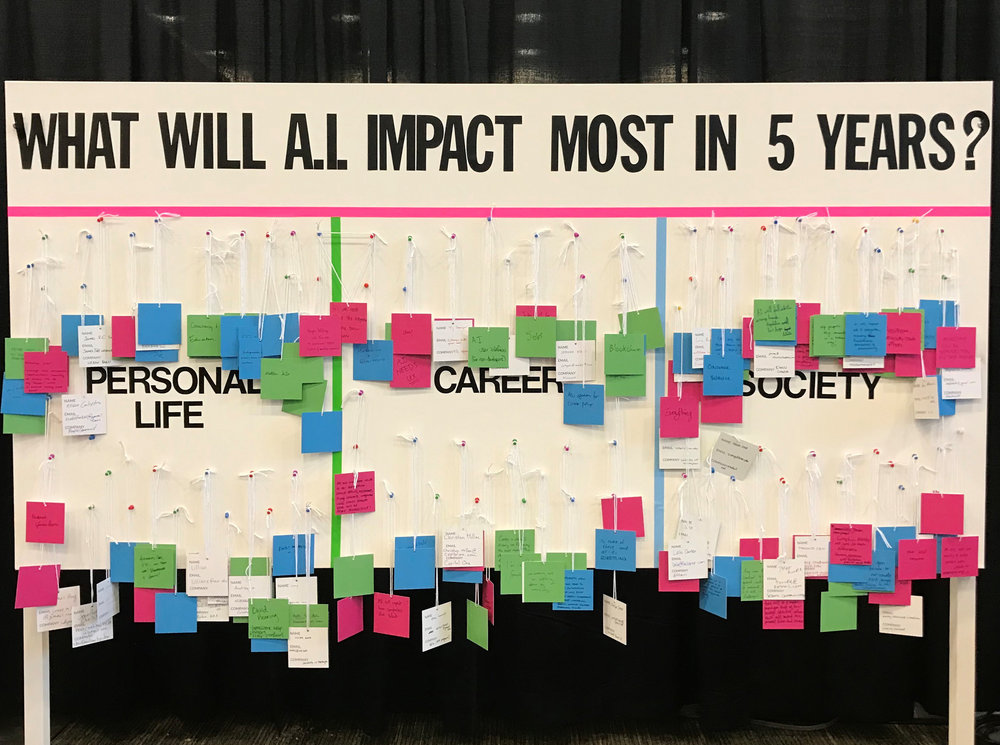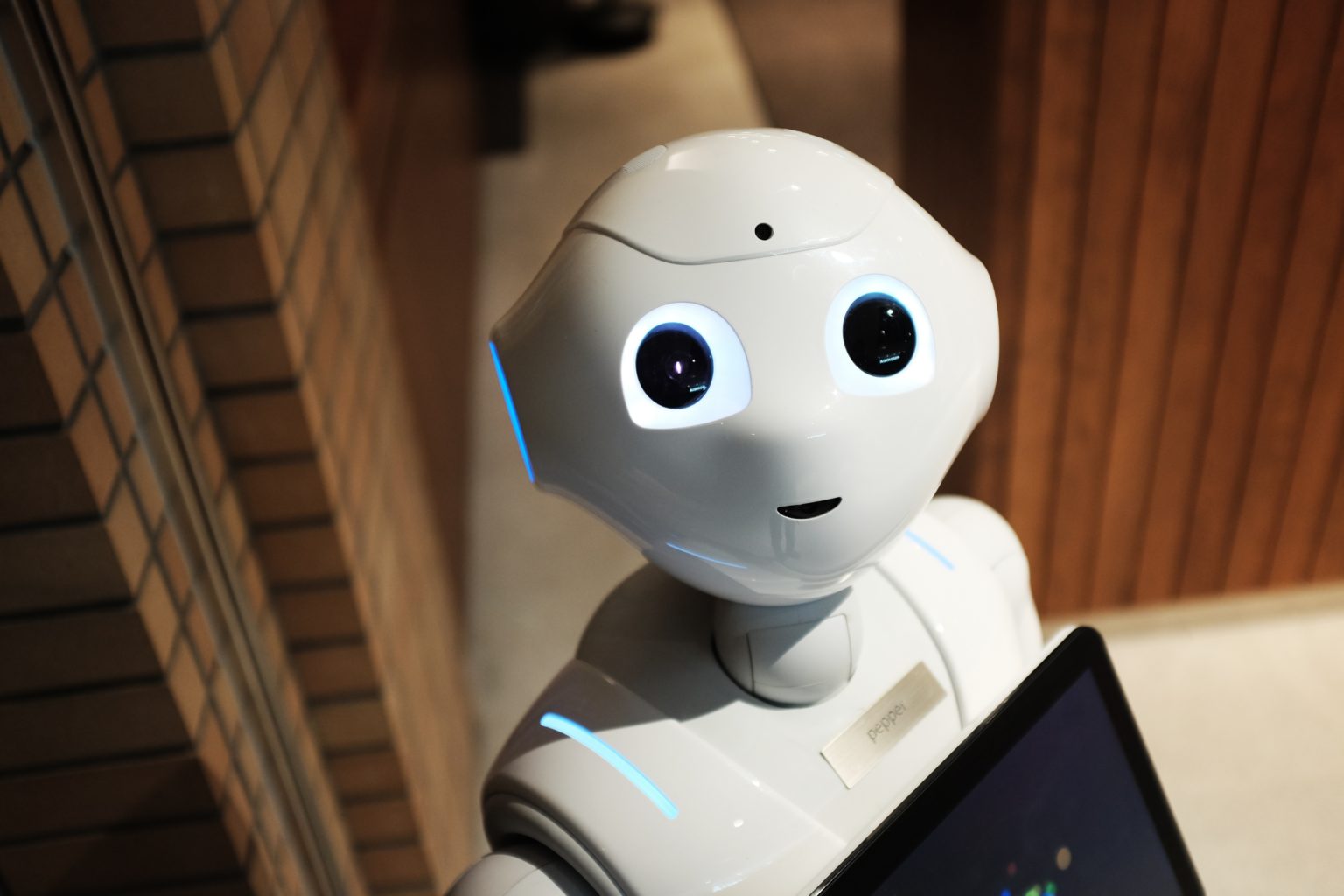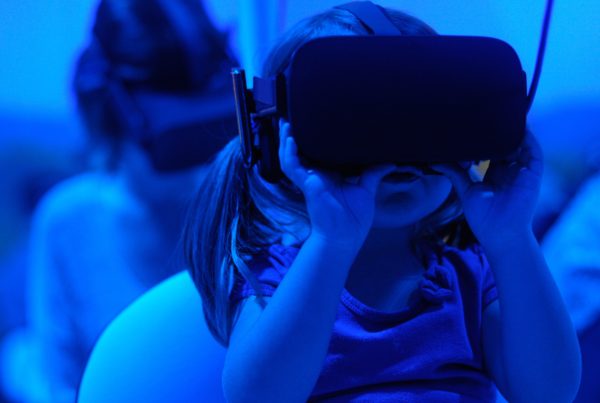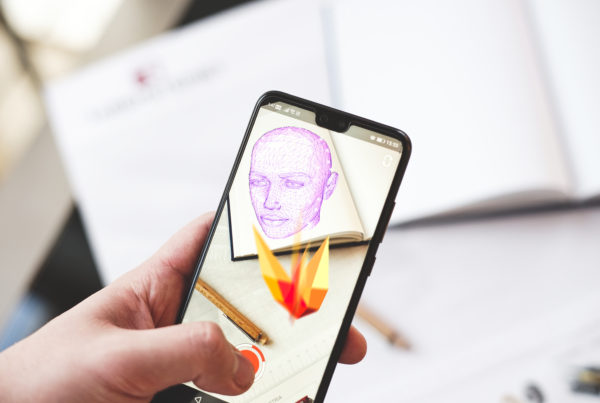With 75% of companies planning to implement AI within the next 3 years, and machine learning predicted to drive 95% of customer interactions by 2025, it’s no surprise that AI was one of the main topics of discussion at the 2017 Seattle Interactive Conference (SIC). In presentations like “The Ethics of AI,” “The Power of Voice” and “The Hearts and Robots Revolution,” AI leaders shared their perspectives on the field’s most important trends. Between these thought-provoking sessions, SIC attendees—innovators from virtually every corner of the digital marketing and design world—were talking about AI and its rapidly unfolding impacts.
And we were listening. AI is taking on a greater role in our clients’ business strategies every day, and we’ve been following its evolution closely—so we set out to capture what we knew would be some of the industry’s most cutting-edge conversations about this technology. In an interactive survey, we asked SIC attendees to tell us which area they think AI will impact most in next 5 years: our careers, our personal lives, or our society.





Society FTW (but that’s not all)
Over the two days of the conference, we gave each participant a card to place in the category of their choice. In terms of overall votes, society placed first, followed by personal life and then career. Because most respondents included written explanations, we were also able to see the reasoning behind their choices, and to unearth a number of common themes in their predictions. Their responses—insightful, inspiring and some unexpected—create a fascinating cross-section of where today’s business leaders stand on the future of AI.
Common Themes Across the Board
1. Increased automation will free up our time.
The most common prediction we heard is that AI will continue to automate a growing range of tasks, giving us more time to spend how we choose. A number of participants spoke about how AI will increase overall “ease of life” in our homes and workplaces, from streamlining office processes to helping with childcare. While some respondents doubt the necessity for even more automation in our lives, the majority believe that offloading previously manual tasks will allow them to focus on the activities they value most.
- “I think in the next 5 years AI will advance and give us more time to invest in our passions.”
- “AI could help expedite and streamline analytic and office management processes.”
- “Child rearing, homework help, timers, re-order products”
- “Always new companies and applications evolving to make life go by faster when it should really slow down!”
2. Big data will lead to hyper-personalized customer experiences.
From the perspective of consumers and companies alike, AI will be a vehicle for extremely customized marketing. The consensus is that AI will take personalization to a whole new level—helping companies better understand and engage with their users, and helping customers access more relevant content. The sharing of personal data also raises some privacy and security concerns, which businesses will have to address carefully in order to maintain user trust.
- “Special needs delivered into your inbox, written specially for me”
- “Privacy and how data can be used against people”
- “Advertising will be impacted through all data collected”
- “Any new AI to be broadcast to a general audience will be embraced, especially if it aids in daily challenges”
3. Healthcare will get better and more accessible.
Of the specific types of technologies included in these responses, healthcare was far and away the most commonly mentioned (awesome, right?). Personalized care, earlier disease detection and better record management were just a few of the impacts people listed in this category, and we saw a particular emphasis on AI increasing the accessibility and affordability of high-quality healthcare.
- “Personalized medicine, early detection, of disease at a scale that is wide spread and can easily be implemented for low cost; a healthier society with less income inequality, especially in terms of healthcare expenses.”
- “Enhanced healthcare with IOT”
- “The elderly, giving them more mobility”
- “Access to mental healthcare”
4. We’ll see new job roles and career paths.
Though a number of respondents stated that AI will have a major impact on our work lives, they’re quite divided on what those changes will look like. One side believes that AI will automate virtually all human jobs; the other predicts that it will create more jobs and facilitate better career development. In either case, it’s clear that many people are thinking about how to prepare for a future where our roles, career trajectories and work environments might look very different.
- “AI will impact how companies hire talent”
- “New opportunities for career paths”
- “Remote work will be more productive”
- “Job development”
- “Jobs will be taken over by AI (robots will replace doctors, nurses, artists, etc.)
5. AI will change how we connect with one another.
From creating “the new Tinder” to changing “all of society,” people in our industry are looking closely at AI from a social standpoint as well as a business one. This was another area where we saw very disparate ideas: some respondents believe AI will create new ways to strengthen human relationships, while others warn that it will weaken them by reducing personal interaction. Both groups mentioned the concept of empathy, but they see AI influencing it almost opposite ways.
- “Fostering better understanding between people to empathize”
- “It will open opportunities for people not usually represented, bringing new voices to the conversation”
- “People talking to boxes in the air instead of other people.”
- “Loss of empathy due to decrease in social interaction”
6. The robots are coming… someday.
It wouldn’t be a survey on AI without some “killer robots.” As we’ve been discussing with experts working in AI research and design, we’re not likely to see machines with human-like intelligence, known as “general AI,” in our lifetimes. But that doesn’t mean it isn’t beneficial to think about the practical and ethical questions that would arise if AI did produce in machines with the same capabilities as us.
- “Robopocalypse is coming!”
- KILLER ROBOTS!
Takeaways
The main takeaway? Business leaders and tech innovators aren’t just seizing the opportunities AI has already presented; they’re also wrestling with complex questions about how this technology will impact our personal, professional and communal lives in the future. Their responses drove home how passionately those in our industry are talking about this technology, and how focused they are about steering it in the most secure and beneficial directions possible.
Thank you to everyone who stopped by our booth at SIC to share your insights and talk AI with us. We’re excited to see what these conversations look like at next year’s conference—at the exponential rate AI is evolving, we expect to see a landscape of new technologies, challenges and ideas. What do you think of these predictions, and do you have your own about the future of AI? Leave a comment; we’d love to hear your take.







